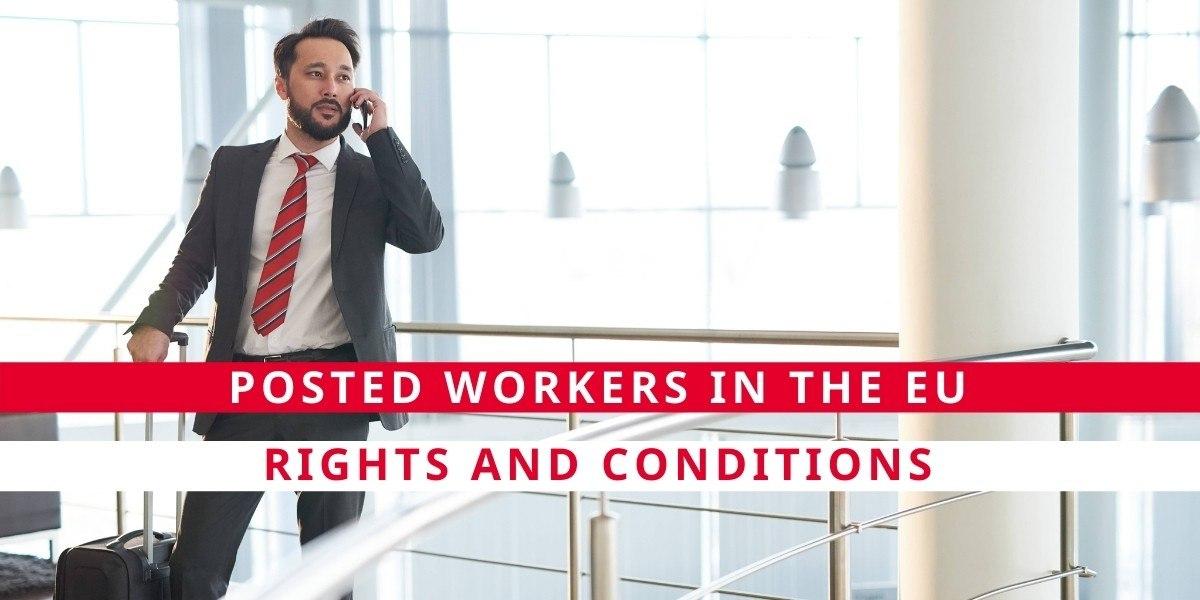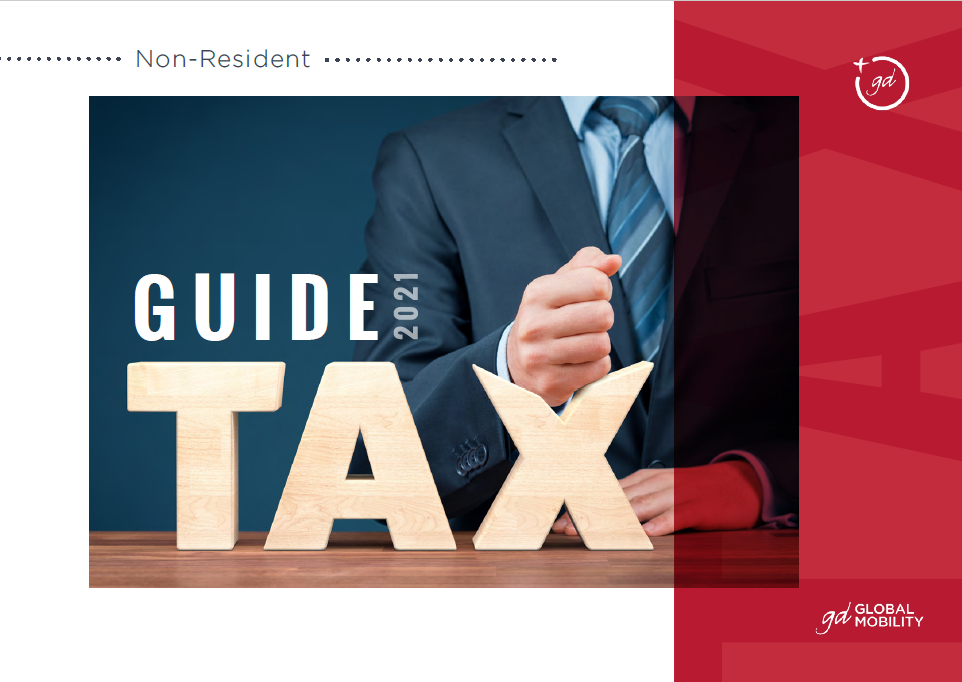
The European Regulation on the coordination of social security systems establishes the principle of single applicable law, by which a worker can only be subject to legislation, and therefore contribute, in a single country.
As a general rule, it indicates contributions will be made in the country where the labor is provided, although it determines two exceptions:
- it refers to posted workers, when an employer temporarily moves a worker (in principle, for a period not exceeding 24 months) to another EU country to perform a service. In these circumstances, the posted worker is allowed to continue contributing in the country of origin.
- so-called Multi-State Workers, covering the scenario in which a worker provides services in two or more countries simultaneously. An example would be a commuter that regularly travels a few days a week to another country.
Certificate A1, European Health Card and Certificate S1 for posted workers
The same Regulation establishes for these scenarios the need to process an A1 certificate, which aims to demonstrate that the posted worker contributes to Social Security in another country of the European Union. In Spain, this certificate is obtained by using the TA300 Form.
In parallel to A1, the posted worker must obtain a European Health Card if they are going to stay in another country for less than three months, or an S1 certificate if they are going to stay for a longer time, in order to be able to use the health services in the country of destination.
Rights and working conditions of posted workers
During the posting, the worker may enjoy the same rights and basic working conditions as workers in the country of destination if they are more advantageous than those in the country of origin. By applicable basic conditions we mean:
- Aspects related to remuneration, apart from reimbursement for travel, accommodation or living expenses.
- Maximum work periods and minimum rest periods.
- Health and safety in the development of their work.
- Equal employment and treatment between men and women.
- And, among others, employment conditions for pregnant women.
What happens if I am posted for more than 12 months?
In addition, the new European Directive 2018/957 states that if a worker has been posted for more than 12 months (or 18 if the company submits a reasoned notification), all the relevant working conditions of the host country will apply, except in two situations explained in this post in which we detail the aspects of the Directive that establishes them: New Guidelines on Posted Workers
Personal income tax and posted workers
Employees posted for less than six months (183 days within the fiscal year considered) may be exempt from paying income tax in the destination country, as long as they meet the requirements set forth in the Double Taxation Agreement signed with the country of posting, including that of maintaining Spanish tax residence.
Additionally, Spanish tax regulations establish two alternatives for reducing or eliminating the taxation of income from wages during posting, thus making it possible to increase the net salary:
- Exemption for work carried out abroad (Article 7p) Personal Income Tax Law): exempts all salary received while working abroad up to a maximum of €60,100.
- Regime of excesses (Article 9.A.3.b) 4th) of the Personal Income Tax Regulation: exempts from taxation all salary increase that is paid during the posting.
Advantages of having policies for posted workers
Labor and tax legislation allows, and even encourages, the process of internationalization of markets for Spanish companies. With regard to taxation, posting workers can reduce salary costs, provided that such periods are properly planned.
Furthermore, setting a clear roadmap for the international mobility processes of posted employees is essential for avoiding both unnecessary costs and potential conflicts. One of the many actions that help to promote international mobility is the development of a good expatriation policy, which is essential for achieving objectives such as:
- Optimizing costs related to posting
- Homogenizing and unifying international criteria
- Providing coverage for the posted worker
- Ensuring compliance with legal and tax obligations
GD Global Mobility offers you the possibility of contacting our professionals to evaluate all the legal aspects involved in the international posting of workers, as well as to fiscally optimize their movement.




